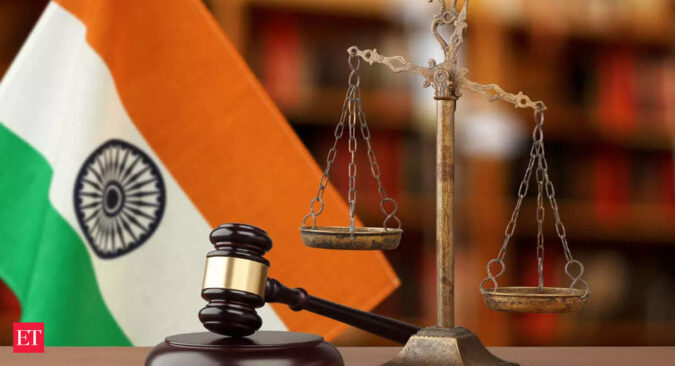A tort is a civil wrong that causes a claimant to suffer loss or harm, resulting in legal liability for the person who commits a tortious act.
“It is time for India to bring about protective measures, such as codifying the law of torts, similar to other nations,” a working paper by EAC-PM, co-authored by Aditya Sinha and Bikashita Choudhury, said.
“A codified law of torts would eliminate the need to keep developing new legislation each time a new form of injury or violation occurs,” it said, adding it would also prevent a repetition of denying adequate relief to victims, as happened in the Bhopal gas tragedy.
EAC-PM is of the view that punitive damages are not yet the codified aspect of law in India unlike the US which means that the victims of accidents or other harm caused by someone else’s negligence or misconduct are often left without adequate compensation.
“Introducing punitive damages and expanding torts law in India would benefit individual victims and society as a whole,” it said.
According to the EAC-PM, it would encourage people to behave more responsibly and with greater care for the safety and well-being of others. It would also provide a stronger deterrent against harmful actions, potentially reducing the number of accidents and injuries that occur, it said. Punitive damages is a form of exemplary damages is a monetary fine in excess of actual damage and is aimed exclusively at the wrongdoer- his misdeeds, the negligent attitude and other factors.
EAC-PM is of the view that tortious acts primarily affect the lives of middle-class individuals in India and the lack of laws and a gruelling civil court system forces victims to struggle to achieve justice after suffering an injury that breaks their spirit.
“Punitive damages and stronger tort laws would act as a deterrence since the compensation amount would be hefty, and the offender would be aware of the financial repercussions of repeating such an offence,” it added.
